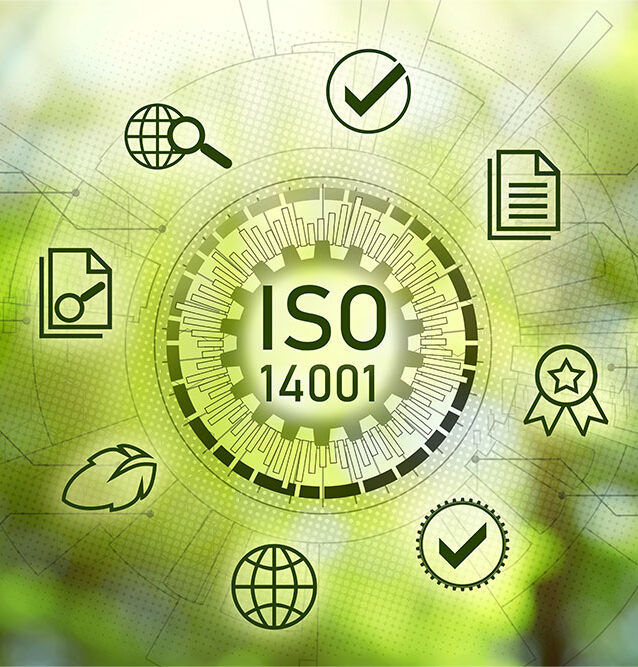Event sustainability management system – requirements with guidance for use (ISO 20121:2024)
ISO 20121:2024 Event sustainability management system – requirements with guidance for use was published in early May 2024 and is designed to guide organisations to seamlessly integrate sustainability into every facet of their event planning and execution. The standard applies to events of all types and sizes and encourages organisations to manage social, economic, and environmental impacts responsibly.
This second edition cancels and replaces the first edition (ISO 20121:2012), which has been technically revised. Initially published for the London 2012 Olympics, ISO 20121 has been revised for the upcoming Paris 2024 Olympics and caters to events of all sizes with adaptable complexity. It is of interest to any organisation involved in event planning, management, or delivery and who seeks to integrate sustainability into its operations. It is relevant to all types and sizes of events, from small gatherings to large-scale conferences and everything in between.
The main changes to the standard are as follows:
- the text, clause sequence and relevant definitions have been aligned with the harmonised structure for management system standards in the ISO/IEC Directives, Part 1, 2022, Annex SL, Appendix 2. (We are very familiar with this high-level structure comprising of ten clauses as described in inter alia, ISO 9001:2015, ISO 14001:2015, ISO 45001:2018, etc.).
- the text has been reviewed and improved to take into consideration the enhancement of environmental, social and governance (ESG) requirements including climate impact, human rights, and social impacts.
- there is expanded stakeholder engagement including sponsors.
- there is enhanced reporting of sustainability in supply chains.
Some of the key clauses of the new event sustainability management system:
Clause 4.5 of event sustainability management system: Sustainable development principles and mission statement requires the implementing organisation to integrate the principles of sustainable development (stewardship, inclusion, integrity and transparency) into the overall mission statement.
Clause 6.1.2: Issue identification and evaluation requires the organisation to establish, implement and maintain a process for identifying its sustainable development issues and evaluating their significance in relation to its event-related activities. This identification of issues should encompass:
- environmental – resource utilisation, materials choice, circularity, resource conservation, emissions reduction, climate change, environmental resilience, biodiversity preservation, releases to land, water and air, and digital responsibility.
- social – human and child rights, labour standards, health and safety, mental health, wellbeing, civil liberties, social justice, local community, rights of indigenous peoples, culture and religion, accessibility, social impacts, diversity, equity and inclusion, and digital responsibility.
- economic – local economy, market capacity and presence, employment, shareholders value and return on investment, innovation, direct and indirect economic impact, risk, fair trade, economic inclusion, professional skills and profit sharing.
In addition to those sustainable development issues that an organisation can control directly, it should also consider issues that it can influence.
Annex C of the standard provides further guidance on determining significant sustainable development issues and table C.1 contains a useful list of issues for organisations to consider in fulfilling issue identification and evaluation.
Clause 8.3: Supply chain management requires the implementing organisation to ascertain if its suppliers build sustainability into their procurement processes. Annex B of the standard and ISO 20400: Sustainable procurement provide additional guidance on supply chain management and on evaluation of suppliers’ sustainability performance.
Additional guidance is provided by table A.1 List of interested parties, table A.2 Governing principles of sustainable management relating to event management, and table A.5 Maturity matrix. Annex D provides guidance on human and child righst.
ISO 20121:2024 emerges as a pivotal event management sustainability resource, guiding organisations toward practices that are more ethical, eco-friendly, and socially conscious. It offers various conformity demonstration methods, including self-declaration, supplier validation, and third-party certification, making sustainable practices attainable for all organisations, irrespective of size.
Sources:
ISO 20121:2024(en), Event sustainability management systems — Requirements with guidance for use
Leading Sustainability & ISO Consultants – Antaris Consulting








